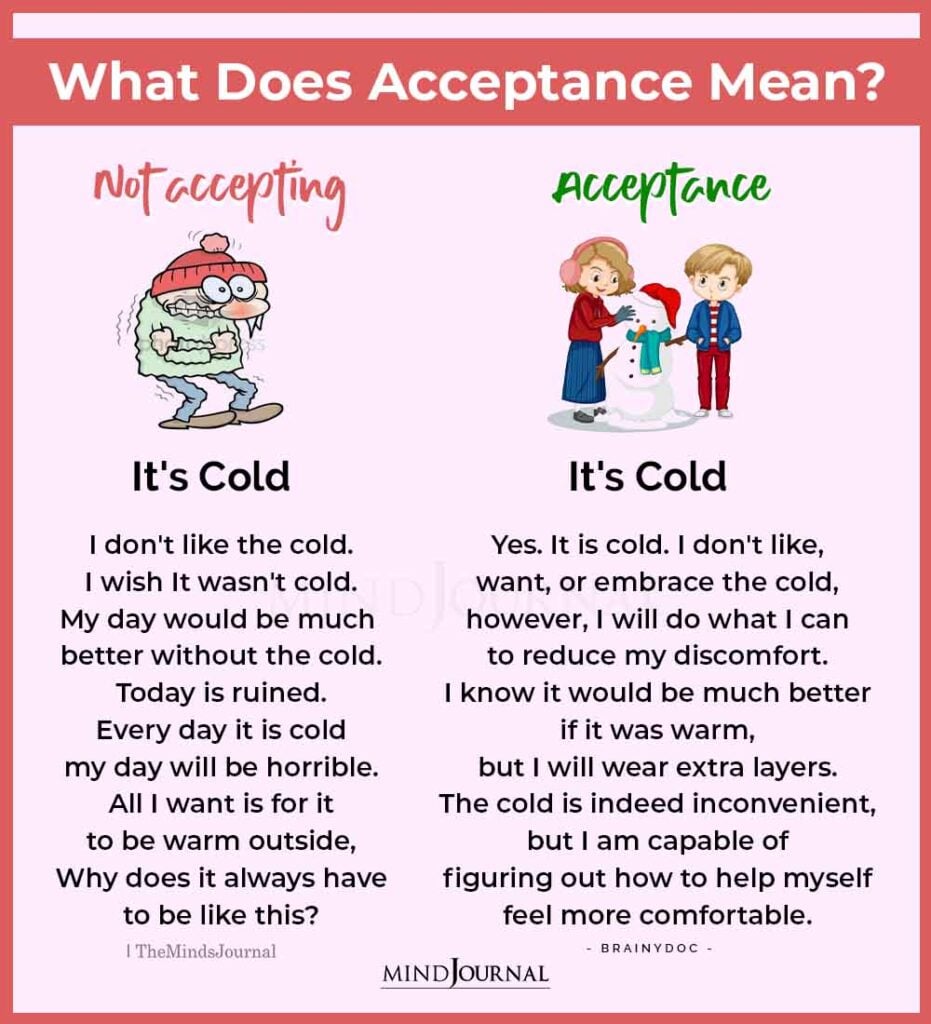You may have often heard that contentment is the key to happiness. You might have even been told many times to be content with what you have. But have you ever wondered what contentment is, exactly?
What Is Contentment?
Contentment means to be happy with what you have, who you are, and where you are. It is respecting the reality of the present. It is appreciating what you do have and where you are in life. Contentment does not mean the absence of desire; it just means you are satisfied with your present, and you trust that the turns your life takes will be for the best.
The Absence Of Contentment
Many people today think life is a race where you must be the best at everything. We might want a fancier car, a bigger house, a better-earning job, or more money. The moment we achieve one thing, the race for the next thing starts. Rarely do many individuals spare a minute to just sit back, relax, and be grateful for all they have achieved. Instead of looking back at the distance, they have covered, they stretch themselves to cover the distance that remains. And in some cases, this is when ambition becomes greed.
Related: How To Truly Appreciate and Enjoy The Little Things in Life
There is often a fine line between ambition and greed. People may think that when they have achieved all they need for their dream lifestyle, they will be satisfied with what they have—but this is rarely the case. Even after you have ticked off all the achievements from your list, you still don’t feel at ease. There may remain an uneasy feeling that something is still missing. Do you know what that missing thing is? It’s contentment.
The Importance Of Contentment
It’s almost impossible to stress enough how important it is to be content. The importance of contentment is outlined below. Some benefits of contentment include:
1. Peace of mind
Contentment brings peace of mind and positivity that can facilitate growth and self-improvement. This does not mean you can’t have dreams and aspirations. You can accept the present and still wish for a better future. Contentment only means to be at peace with the present, not complacent.
If you are not at peace with what you have achieved at your current point in life, it can be more difficult to be motivated to work toward a better future. If you want peace of mind and a positive attitude, contentment is what you should practice.
2. Happiness
Contentment promotes happiness. When you are content with the present, you are letting go of sometimes painful cravings for what you can’t have. As a result, acceptance settles in. Therefore, when you accept your situation, you are allowing yourself to be happy. Being grateful for everything you do have instead of spending most of your time thinking about what you can’t have could make life a lot more beautiful.

3. Stronger relationships
When you allow yourself to be content, you are also telling yourself to accept others as they are. The benefits of contentment are not limited to your own well-being; they can also encompass relationships. (This does not extend to abusive relationships, however.)
Accepting others, including their flaws, and being content with the present may fuel feelings of happiness and prosperity in relationships, making them stronger. It can enrich relationships with trust and appreciation as well as promote healing and growth.
Related: The Door You Pick Can Tell Your Future- QUIZ
4. Distinguishing wants and needs
Contentment can help you distinguish between wants and needs. When you are content, you may not desire for anything more than what you need. The abundance of the present is enough to lead a happy and healthy life. Contentment often leads to the realization that joy doesn’t come from material things. Instead, joy comes from deep within.
5. Simplicity
When you are able to distinguish your wants from your needs, you stop overburdening yourself. You relieve yourself from the stress of wanting more and more. Contentment promotes simplicity. It teaches you to be happy with what you have, whether little or abundant.
Instead of wanting your possessions to grow, you start working on personal growth. Because at the end of the day, inner peace fueled by contentment may matter more than the car you drive or even the house you live in.
If you wish to feel the essence of contentment, it’s important to practice gratitude, be aware of the fact that nothing is permanent, understand that material things do not often promote long-term happiness, and realize that life is not a race or competition: it is about self-sustenance. The more thankful you are in the present, the happier you may be.

Sometimes a mental health condition can make it more difficult to feel a sense of contentment or inner peace. When this is the case, therapy or counseling could help. Reach out to a licensed and caring professional today.
Related: 11 Daily Zen Habits That Can Alter Your Life
If you like this post, share it with your friends and folks!
Written by: Jacqueline D. Pearce, LMHC Originally appeared on: Good Therapy Republished with permission










Leave a Reply